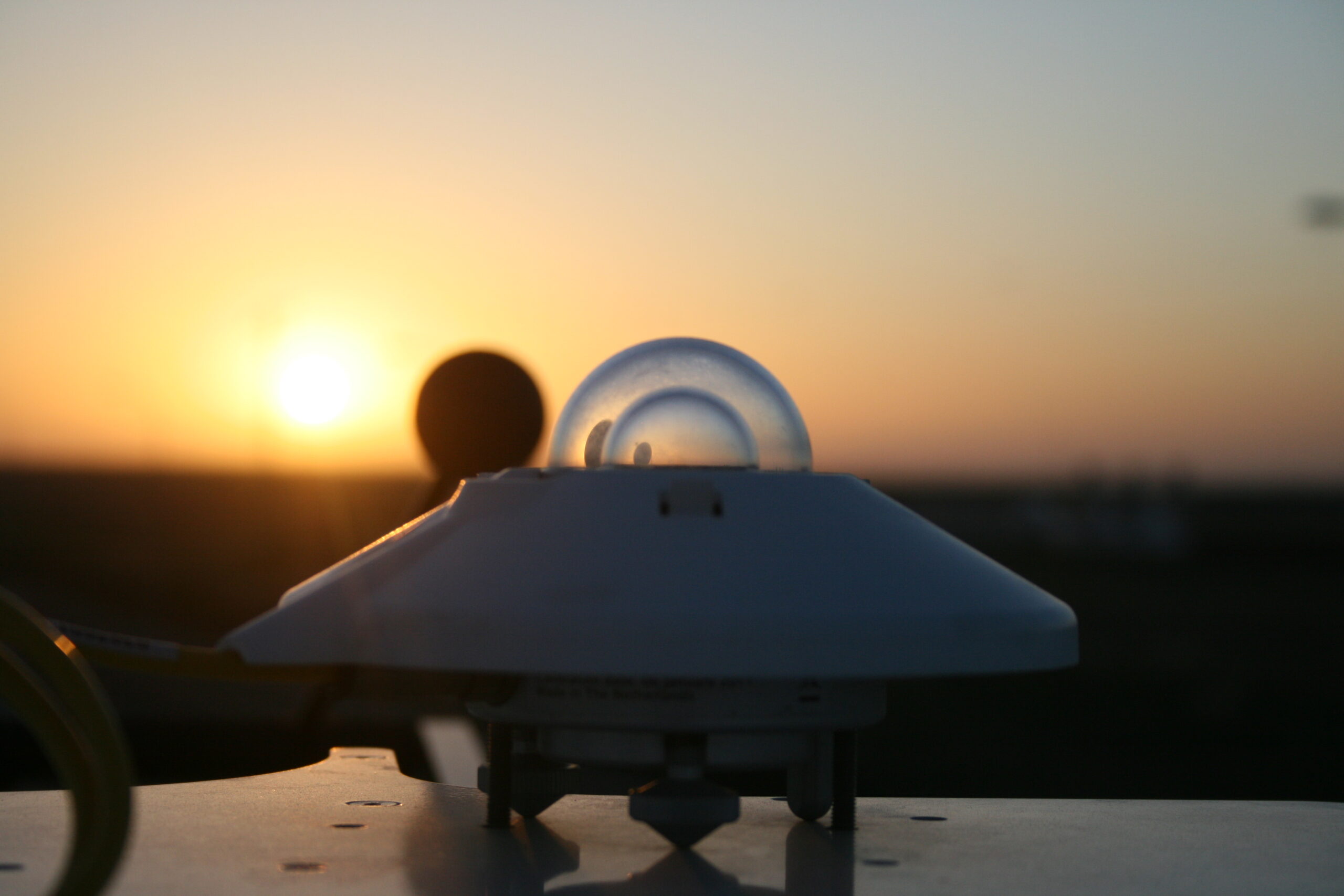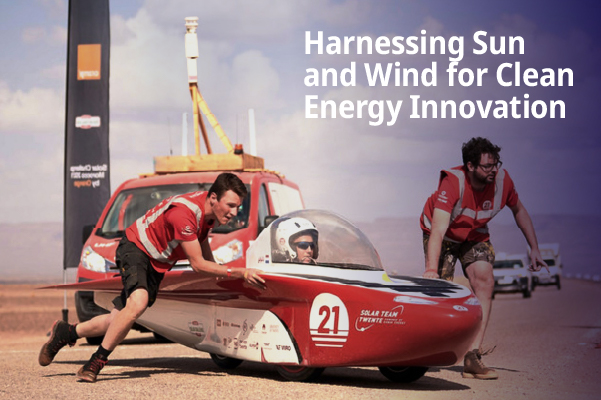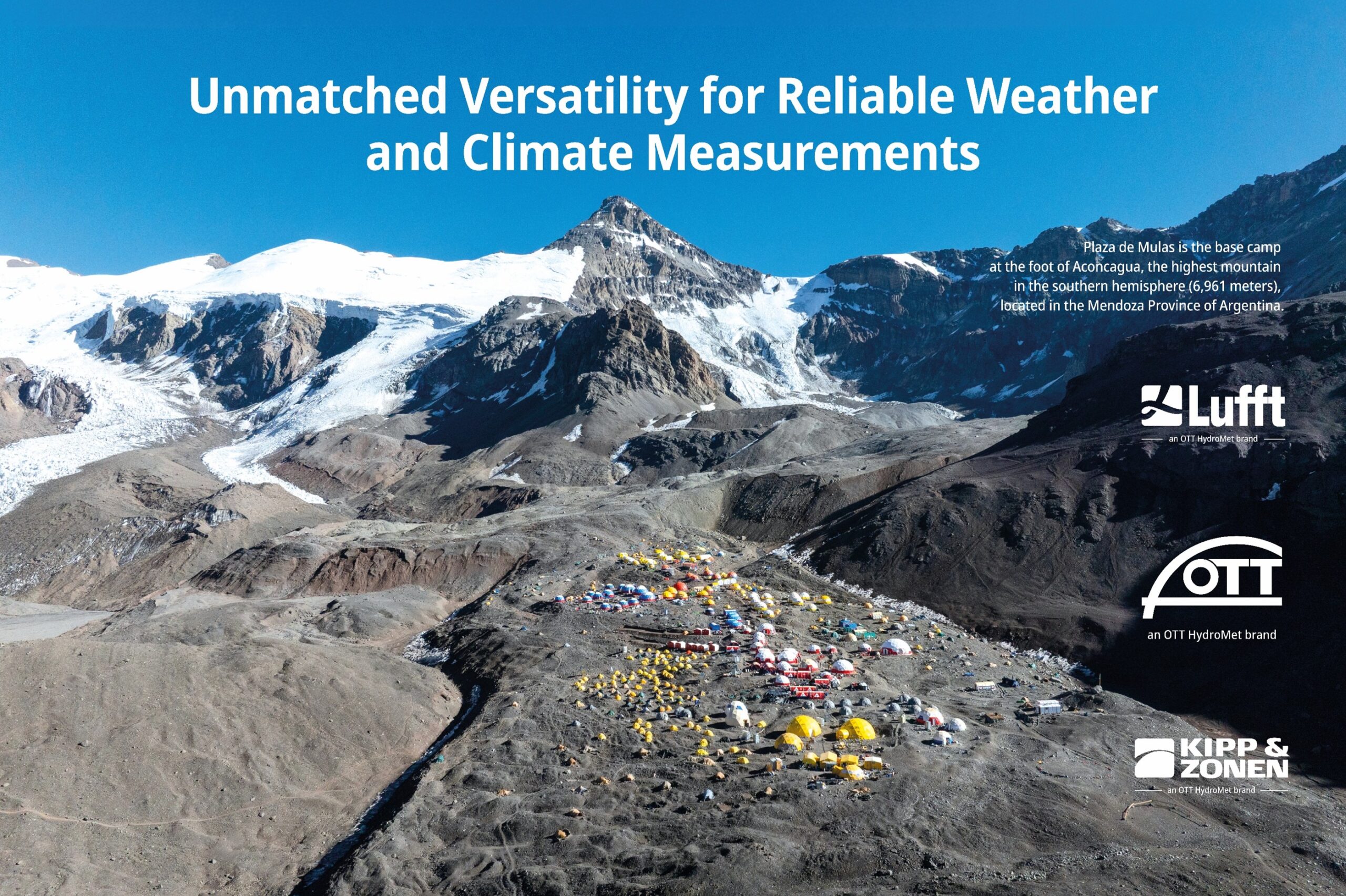Lufft offers an accredited calibration service for over 15 years already. Since its founding, the laboratory technicians have collected a lot of experience and kept the equipment always on the latest technical status. Recently, several improvements came into action which were official acknowledged by the German Accreditation Office (DAkkS)…

Good news came from our calibration laboratory several weeks ago: The two “masters of calibration” forming the team of lab director Helmut Hager are now appointed as official deputy laboratory directors. This was acknowledged by the German accreditation office DAkkS (former DKD), which needed to appoint and certify them. The preconditions are several years of experience in an official calibration lab plus a completed technician’s training.
The Lufft calibration laboratory as well as the team exists for over ten years now meaning that they are perfectly matched. They collected an inimitable amount of valuable experience as well as know-how. Frank Bidmann and Sven Birnbaum’s promotion therefore is more than deserved and a reward of all these years.
The German calibration committee DAkkS not only acknowledged the personnel but also the calibration equipment, which underwent some changes recently: The climate cabinet and the humidity generators – both important facilities for precise humidity observation – were divided. This resulted in humidity generator performance enhancements, which can now measure from -10 °C instead from +5 °C (within 10% to 95% relative humidity with a measurement uncertainty of 0.1% plus 0.0065 multiplied by the respective measured value). For the climatic chamber, everything remains the same as before: for the relative humidity calibration the values range from 5% up to 98% within a five up to 95 °C warm environment. The measurement uncertainty is 0.2% plus 0.008 multiplied with the measured value.
Also regarding the dew point temperature improvements were made. Its range was enlarged and now starts from -36 °C and can rise to +95 °C maximum. Previously -20 °C was the lowest possible temperature. Additionally, the measurement uncertainty was reduced from former 80 mK to 65 mK within -10 to +70 °C. Beyond this temperature area a measurement uncertainty of 80 mK occurs. Besides humidity generators and dew point generators, also dew point meters can be calibrated by the Lufft-own lab from now on.
The staff promotion, enhancement of the calibration ranges, the reduction of measurement uncertainties as well as the humidity calibration from -10 degrees Celcius are truly impressive and mean benefits to all who need to rely on the precise measurements of their instruments. Thanks to calibration team keeping the lab equipment always up to date, we can offer fast and high qualitied services. Despite all these improvements the prices remain the same as before.
The price list is already updated with the new ranges and values and can be downloaded at http://lufft.com/en/products/calibration-laboratory/price-list-and-delivery-times/.
Further information you can find on http://lufft.com/en/products/calibration-laboratory/.


